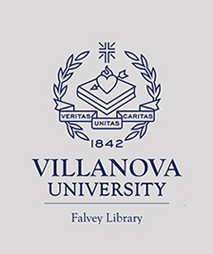Folklore as Big History
##plugins.themes.bihistory.article.main##
Abstract
Folklore in Indigenous and Tribal societies are storehouses of knowledge. Origin myths, stories about nature, flora, fauna, narratives about ancestors and histories about moments in time and places – they all coalesce to provide a people with a sense of place in this world, conferring identities and inculcating customs relating to their community and world. Drawing on folktales from the rich canon of Naga folklore, this paper looks at ways folklore offers an alternative arc for Big History. My presentation will take the form of storytelling, where I will share a few folktales to demonstrate how the timelessness of folklore serves to inform us of our place in time – a time where past, present and future fold into each other.
##plugins.themes.bighistory.article.details##

This work is licensed under a Creative Commons Attribution 4.0 International License.
Authors who publish with this journal agree to the following terms:- Authors retain copyright and grant the journal right of first publication with the work simultaneously licensed under a Creative Commons Attribution License that allows others to share the work with an acknowledgement of the work's authorship and initial publication in this journal.
- Authors are able to enter into separate, additional contractual arrangements for the non-exclusive distribution of the journal's published version of the work (e.g., post it to an institutional repository or publish it in a book), with an acknowledgement of its initial publication in this journal.
- Authors are permitted and encouraged to post their work online (e.g., in institutional repositories or on their website) prior to and during the submission process, as it can lead to productive exchanges, as well as earlier and greater citation of published work (See The Effect of Open Access).



